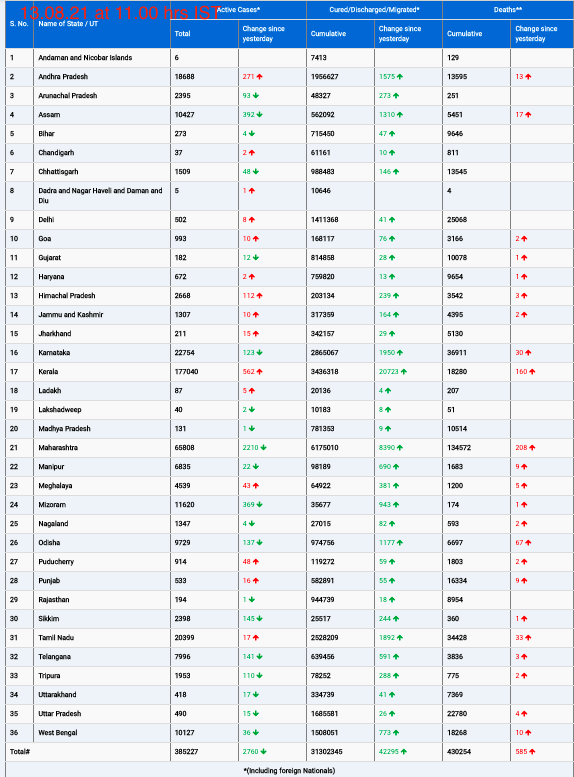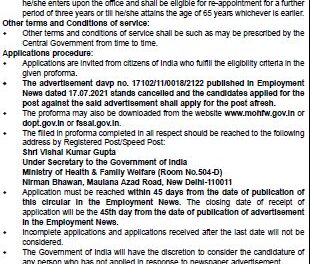New Delhi, – In a significant step towards strengthening animal health infrastructure and mitigating zoonotic disease risks, Union Minister for Fisheries, Animal Husbandry and Dairying, Shri Rajiv Ranjan Singh, also known as Lalan Singh, inaugurated the Pandemic Fund Project on “Animal Health Security Strengthening in India for Pandemic Preparedness and Response.” This ambitious initiative, backed by a $25 million funding commitment from the G20 Pandemic Fund, aims to bolster India’s capability to prevent future pandemics through enhanced disease surveillance and response mechanisms.
The launch event, held in New Delhi, was graced by notable dignitaries, including Prof. S.P. Singh Baghel and Shri George Kurian, Ministers of State for Fisheries, Animal Husbandry & Dairying, who served as Guests of Honour. Shri Amitabh Kant, G20 Sherpa, and key officials such as Prof. Dr. V.K. Paul, Member (Health) of NITI Aayog, and Ms. Alka Upadhyaya, Secretary of the Ministry of Fisheries, Animal Husbandry, and Dairying, also participated in this landmark initiative.
Key Components and Goals of the Pandemic Fund Project
Minister Singh emphasized the vital role of the livestock sector in India’s socio-economic landscape, highlighting its impressive growth and significant contributions to public health and economic development. The project aims to support existing initiatives like the National Animal Disease Control Program (NADCP), which focuses on eradicating diseases such as Foot and Mouth Disease (FMD) and Brucellosis in livestock. So far, over 90.87 crore FMD vaccines and 4.23 crore Brucellosis vaccines have been administered across the nation. Furthermore, the ministry plans to establish FMD-free zones in nine states, enhancing disease prevention and control efforts nationwide.
Enhancing Surveillance and Building Disease-Free Zones
The project will be executed in collaboration with global partners, including the Asian Development Bank (ADB), Food and Agriculture Organization (FAO), and World Bank. It aims to provide integrated support for early disease warning systems by enhancing genomic and environmental surveillance. Strengthening cross-border collaboration and laboratory infrastructure will be pivotal in monitoring and responding to zoonotic diseases, thereby reducing pandemic risks.
During the event, two strategic documents were also unveiled:
- Standard Veterinary Treatment Guidelines (SVTG): This manual outlines best veterinary practices aimed at optimizing livestock health and supporting India’s action plan on antimicrobial resistance.
- Crisis Management Plan (CMP) for Animal Diseases: This framework establishes protocols for swift responses to animal disease outbreaks, ensuring effective containment and crisis management to prevent escalation.
One Health Approach: Bridging Human and Animal Health
Minister Singh highlighted the importance of the One Health approach as a critical strategy to protect both human and animal populations from zoonotic threats, noting that many recent health crises have originated from animals. The project’s emphasis on zoonotic disease surveillance will play a vital role in preventing potential cross-species outbreaks, thereby fortifying public health security.
This initiative aligns with India’s G20 commitments to pandemic preparedness by adopting a holistic, integrated health model that addresses the intersections of human, animal, and environmental health. It underscores India’s commitment to proactive and preventive health strategies aimed at safeguarding communities, enhancing rural livelihoods, and ensuring food security.
India’s Path to Pandemic Resilience
The unveiling of this project sets a new benchmark in India’s strategy for pandemic resilience, prioritizing early intervention, sustainable livestock management, and public health safety. By leveraging resources from global partners and establishing a robust framework for animal health, India is making significant strides toward preventing and mitigating future health crises, setting an inspiring model for other nations to follow.
This proactive initiative is not only a vital step for India’s health landscape but also a significant contribution to global health security, demonstrating a commitment to building a safer, healthier future for all.











